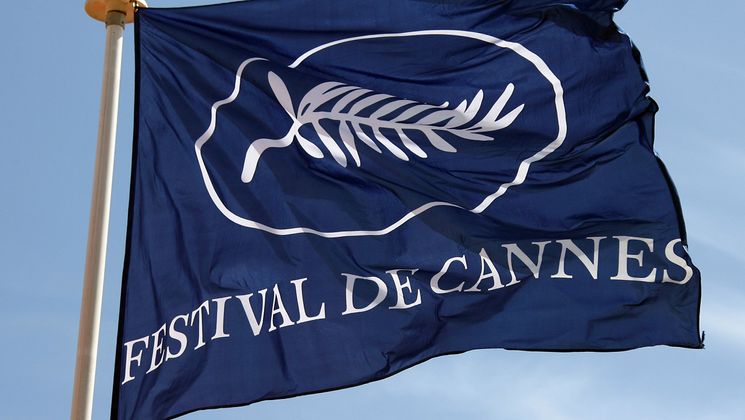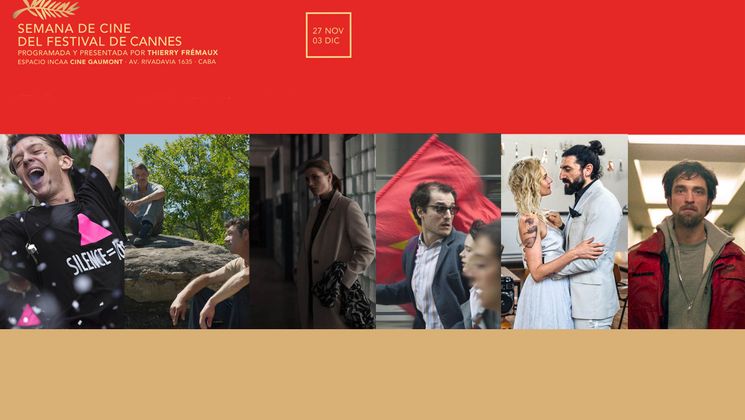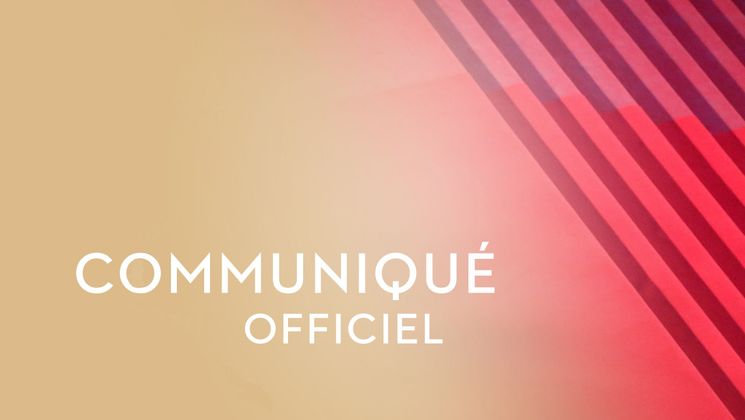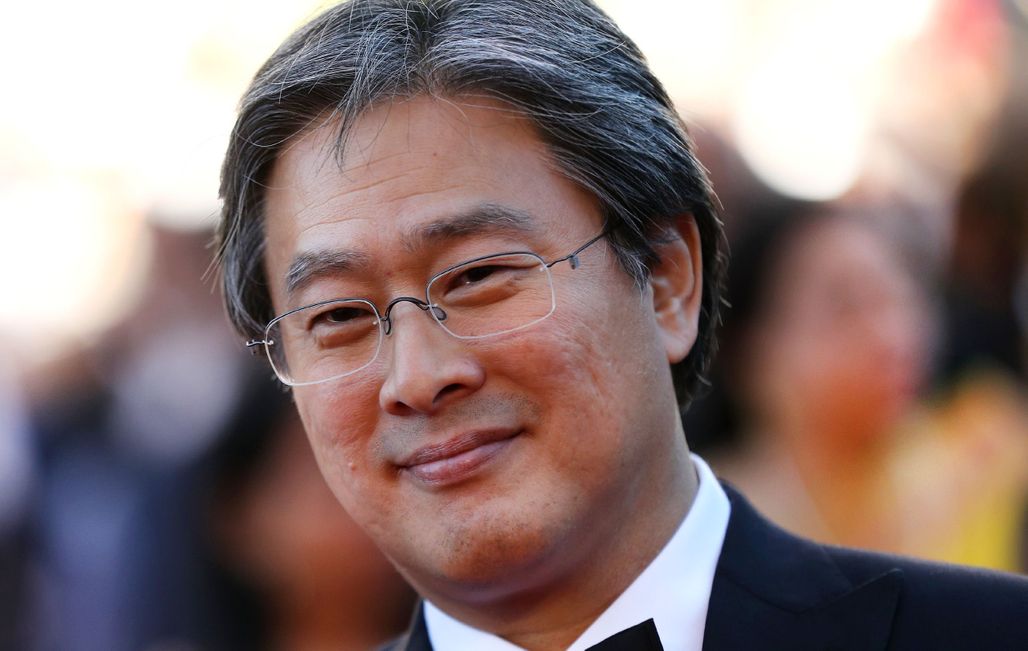
Interview with Park Chan-wook, member of the Feature Films Jury

Amid the frenzy of Cannes, Park Chan-wook exudes a very different aura. As soon as he sits down, a sense of calm takes over. He thinks about his words, takes time to consider them carefully, and delivers them in the softest of tones. You’d never have guessed that this quiet soul was the man behind JSA: Joint Security Area, the film that made his name, or Oldeuboi (Oldboy), Grand Prix winner in 2004, and Bak-jwi (Thirst), winner of the 2009 Jury Prize. But on closer inspection, there is something unusual about the violence in the films of Park Chan-wook... A delicacy, tension, silence.
You’ve been selected for Competition three times now, and picked up two prizes for Oldboy and Thirst. What impact has Cannes had on your career?
I was struck by the incredible impact the first award had on my career, especially at international level. You can basically split my career into before and after the win.
You decided you wanted to be a filmmaker when you saw Hitchcock’s Vertigo. Were there other films that influenced you at the beginning of your career?
One of my biggest influences is Korean filmmaker Kim Ki-young and his film The Housemaid which had a big impact on me. Then The Last Witness, directed by Lee Dae-yeon. And directors like Akira Kurosawa, Ingmar Bergman, Luchino Visconti…
You mention The Housemaid by Kim Ki-young, which was the inspiration behind Ah-ga-ssi (The Handmaiden), presented at Cannes last year. How did you reinterpret it?
I wanted to move the story to Korea, to a time when the country was under Japanese occupation. This brings an additional layer to the story. The characters are from two different ethnic backgrounds, one Korean and one Japanese. They are supposed to be enemies. My idea was for the two women to join forces and work together to fight against male oppression.
There’s something unusual about the violence in your films. It’s not as bloody as we've seen from other directors. And sometimes it is even silent…
It’s probably because I don’t resort to violence to create a cinematic thrill.
“I try to portray violence as something very scary and painful, not something that is attractive or cool, or that provides catharsis.”
Many of your family members work in film. How do they influence your work?
My younger brother is the one who really influences my work, and we often work together. He comes from an arts background so he offers a different approach to the conventional film “grammar”. He brings something fresh and is extremely enthusiastic about traditional Japanese and Korean culture. I learn a lot from him.
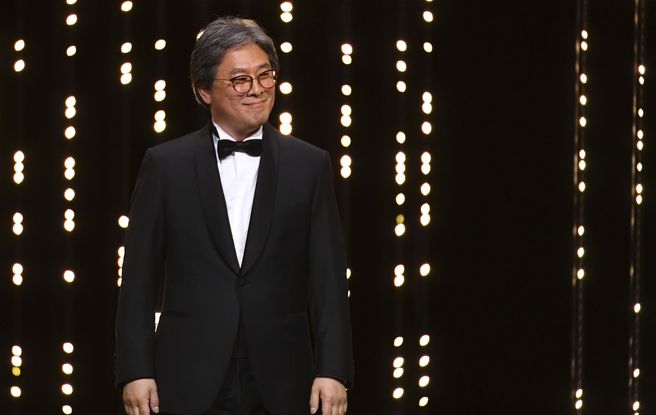
When you go to the cinema, what do you like to watch?
Old films. Almost always. That’s why coming to Cannes is very exciting. It’s an opportunity to see a lot of new films in the same place.
A new generation of Korean filmmakers is emerging that is particularly daring and creative, such as Sang-ho Yeon and the highly-acclaimed Train to Busan. Are you hopeful about the future of Korean cinema?
Most of this generation of filmmakers were discovered through short film festivals created by filmmakers of my generation, including myself. Watching their progress, from their short films to their features, and seeing the creativity of their work, is very moving. It’s a real source of pride for us.
